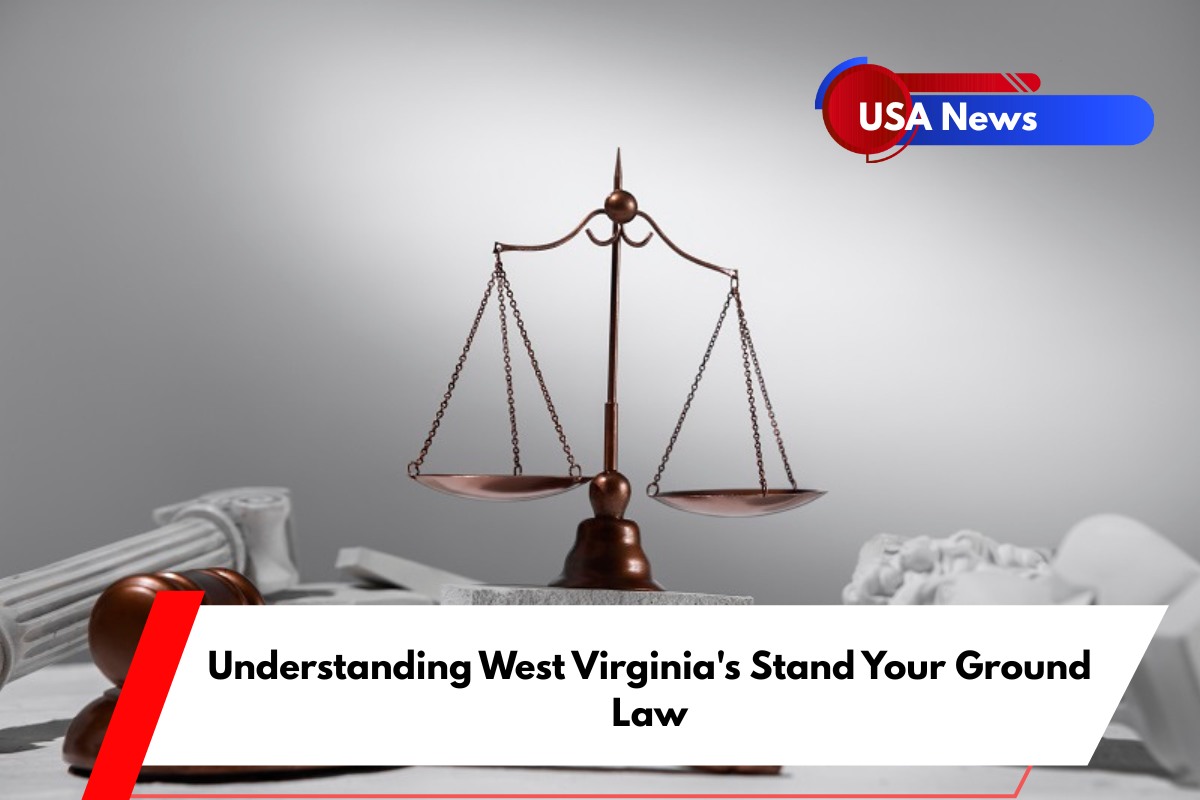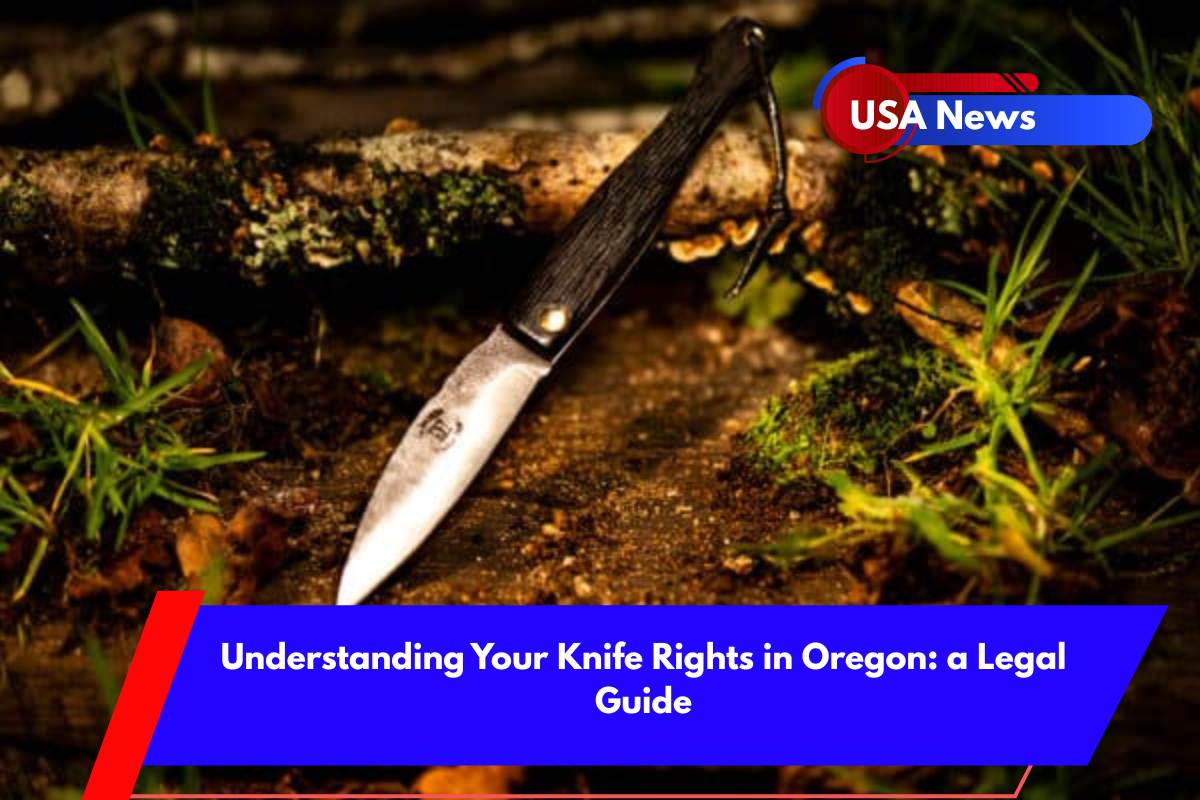West Virginia’s Stand Your Ground law allows individuals to use force, including deadly force, in self-defense without a duty to retreat, as long as they are in a place where they have a legal right to be. This law applies to both private residences (under the Castle Doctrine) and public spaces.
Key Elements of West Virginia’s Stand Your Ground Law
1. No Duty to Retreat
Under West Virginia’s Stand Your Ground law, if you are attacked or believe you are in imminent danger of death or serious bodily harm, you are not required to retreat or attempt to escape before using force to defend yourself. This applies as long as you are lawfully present at the location, whether in your home or in a public space.
2. Reasonable Belief of Threat
The law requires that your belief in the threat be reasonable. It should be based on the circumstances of the situation, not on paranoia or unfounded fears. The threat must be immediate and serious, and your response must be justified according to the situation.
3. Proportional Response
The force you use in self-defense must be proportional to the threat you are facing. For example, using deadly force is only justified if you are in imminent danger of death or serious bodily injury. The response should match the level of the threat to ensure that the force is not excessive.
4. Defense of Others
You may use force to defend others if you reasonably believe they are in imminent danger. The principles of proportionality and reasonable belief apply here as well, meaning that the force used to defend someone else must also match the threat they are facing.
5. Defense of Property
While you are allowed to use reasonable force to protect your property, deadly force is not justified solely to protect property. Deadly force is only permitted if there is also a threat of death or serious bodily injury involved.
6. Legal Immunity
If your use of force is justified under the Stand Your Ground law, you may be immune from criminal prosecution and civil action. This means that, under certain circumstances, you may not face legal consequences for your actions if they are determined to be reasonable and justified.
7. Limitations
The law does not protect individuals who are the initial aggressors or those engaged in unlawful activity. Additionally, it does not justify the use of disproportionate force. If you initiate the conflict or respond with excessive force, you may not be protected by the Stand Your Ground law.
Sources:
1. https://en.wikipedia.org/wiki/Stand-your-ground_law
2. https://aikenattorneys.com/what-are-stand-your-ground-states/
3. https://www.tmwilsonlaw.com/criminal-law/self-defense













